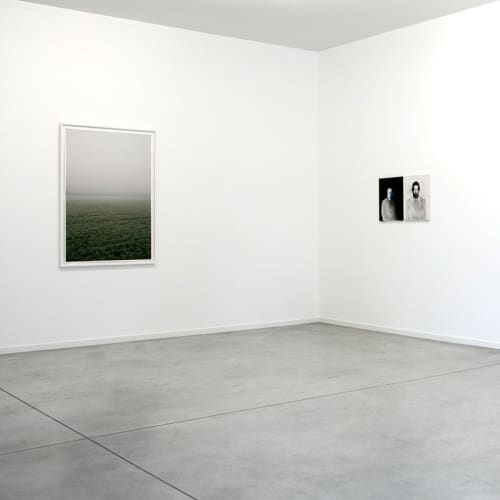The Memories of Stijn Cole and Yves Velter
The memories that we hold onto can never be considered as detached from our present. More than that, the past and the present always engage in a dialogue, a conversation with one another in such a way that a new kind of entity can evolve at a universal level, thereby elevating each other. In this respect, art is the ultimate ‘tool’.
Proust dedicated numerous passages to this idea in his prominent work ‘A la recherche du temps perdu’. The author understood that from the unconsciousness of memory, the artist must not seek inspiration externally, but within. No matter what transpires, it will never be inappropriate. Even those things that seem trivial at first glance can be ennobled with considerable profoundness by the application of creative energy.
‘Like all true philosophy, my whole philosophical approach actually aims at justification, the reconstruction of that which already exists.’
De herinneringen die we met ons meedragen kunnen nooit los van ons heden worden beschouwd. Meer nog, verleden en heden gaan steeds een dialoog, een gesprek, met elkaar aan zodat er een nieuw soort essentie op een universeel niveau kan ontstaan waarbij beide elkaar optillen. Kunst is daarbij het ultieme ‘middel’.
Proust heeft er in zijn A la recherche du temps perdu talloze passages aan gewijd: aan de hand van het onbewuste van het geheugen komt de schrijver tot inzicht dat voor de creatie de kunstenaar zijn onderwerpen niet moet zoeken buiten zichzelf, maar in zichzelf. Geen enkel onderwerp is daarvoor ongeschikt. Ook op het eerste gezicht onbeduidende dingen kunnen aan de hand van de creatie een grote diepgang bereiken.
‘Zoals elke ware filosofie komt mijn hele filosofie eigenlijk neer op het rechtvaardigen, het reconstrueren van wat is.’
Inge Braeckman, 2021


